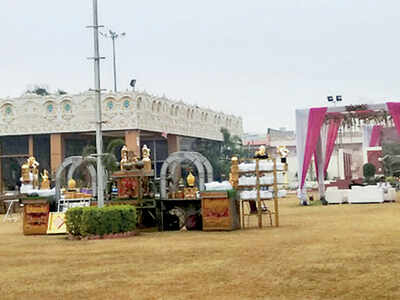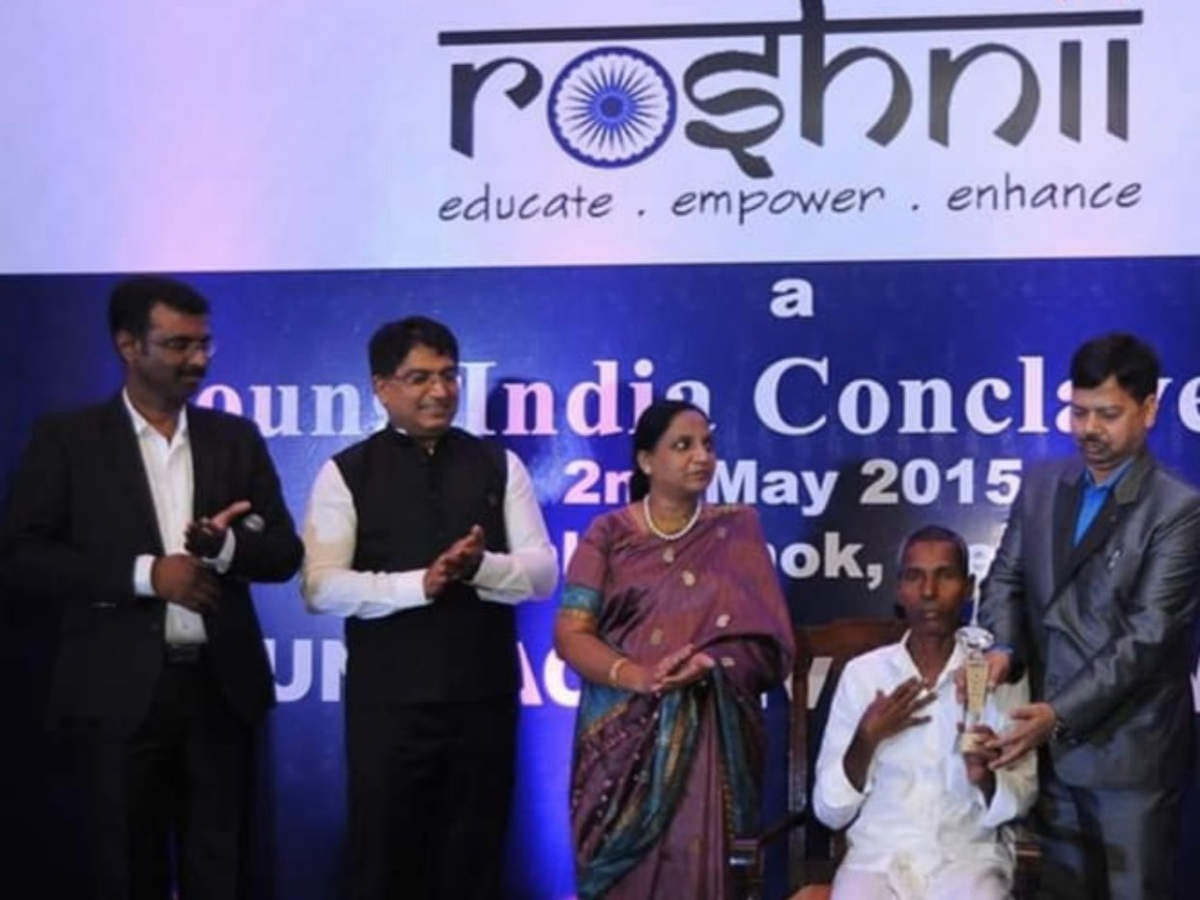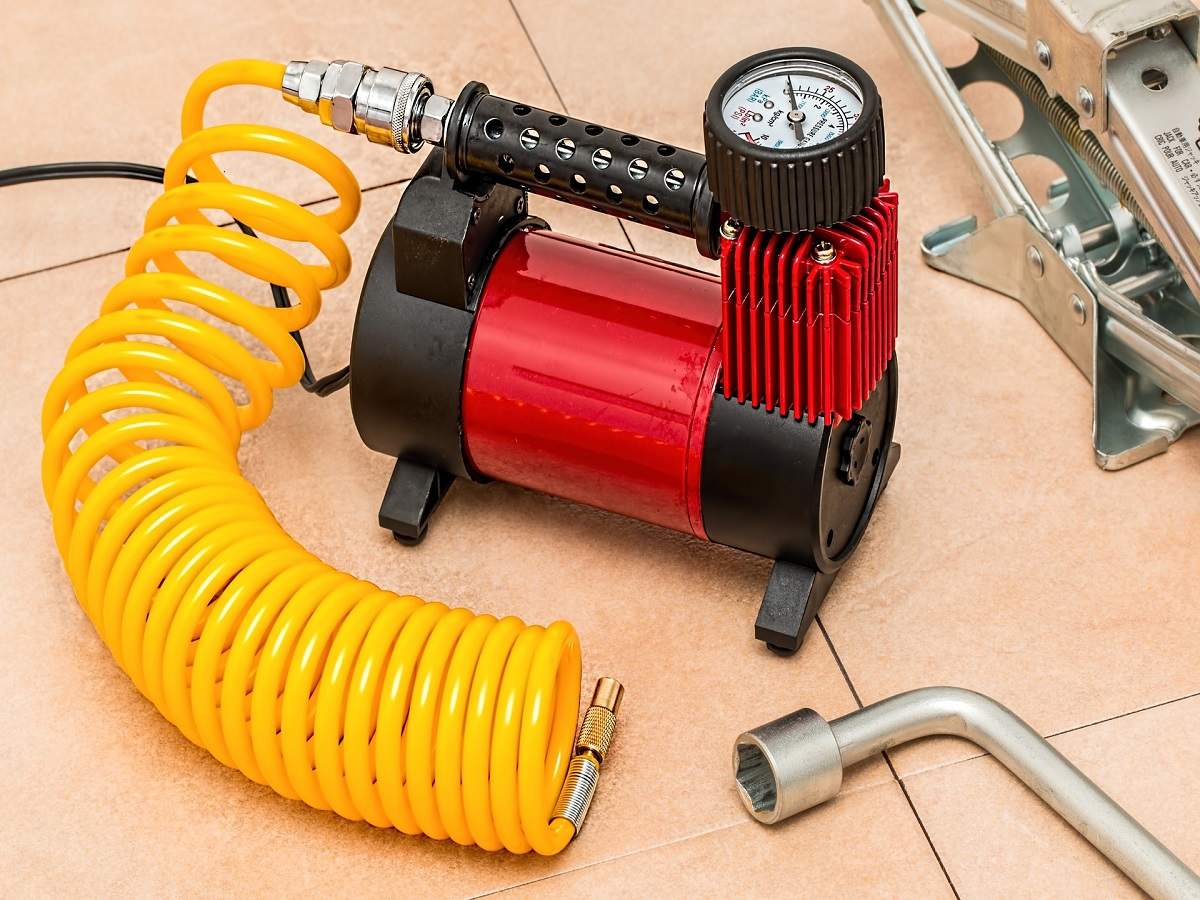
JAIPUR: Two days after a 10-year-old girl was raped at a wedding hall, Jaipur police said they would urge marriage lawn owners to install CCTV cameras at various points.
Police also said prior to organising a wedding ceremony, lawn owners will have to provide them with a list of guests, including names of food caterers, people engaged in decoration, band and lighting.
The girl, who had accompanied her parents to a marriage engagement ceremony, was raped by a 36-year-old man late on Sunday night.
Police, however, managed to arrest the accused, who was a caterer for serving snacks at the function, within 24 hours. The accused, identified as Raju from Bhind in Madhya Pradesh, raped the girl in one of the toilets at the marriage garden, and left her in an unconscious state with severe injuries to her private parts.
The accused was one of those serving food. Police said the accused, in an attempt to overpower her, might have grabbed her by the neck as there were marks on her neck and head.
“CCTV camera footage is a handy tool these days in solving various crimes. In the past, we had witnessed cases of theft from wedding venues. Thus, we are going to make it compulsory for every marriage lawns to have working CCTV cameras. We are also aiming at time-to-time check of these CCTVs through local police station level,” said police commissioner Anand Srivastav.
He added that police would also take the help of JMC and the fire department to ensure marriage lawns comply with various others norms like proper lighting, parking and guards.
“We are also planning to ask the marriage lawn owners to provide us list of people engaged in wedding management right from food caterer, decorator, people engaging in bringing DJ at the wedding, videographer and photographer and others prior to organising a marriage at a lawn. It is necessary for us to have the proper credentials of these people. In the rape case too these things proved handy to make a prompt arrest,” he added.
Police would soon issue an official order in this regard by using its magisterial powers under Section 144 of CrPC.
Police also said prior to organising a wedding ceremony, lawn owners will have to provide them with a list of guests, including names of food caterers, people engaged in decoration, band and lighting.
The girl, who had accompanied her parents to a marriage engagement ceremony, was raped by a 36-year-old man late on Sunday night.
Police, however, managed to arrest the accused, who was a caterer for serving snacks at the function, within 24 hours. The accused, identified as Raju from Bhind in Madhya Pradesh, raped the girl in one of the toilets at the marriage garden, and left her in an unconscious state with severe injuries to her private parts.
The accused was one of those serving food. Police said the accused, in an attempt to overpower her, might have grabbed her by the neck as there were marks on her neck and head.
“CCTV camera footage is a handy tool these days in solving various crimes. In the past, we had witnessed cases of theft from wedding venues. Thus, we are going to make it compulsory for every marriage lawns to have working CCTV cameras. We are also aiming at time-to-time check of these CCTVs through local police station level,” said police commissioner Anand Srivastav.
He added that police would also take the help of JMC and the fire department to ensure marriage lawns comply with various others norms like proper lighting, parking and guards.
“We are also planning to ask the marriage lawn owners to provide us list of people engaged in wedding management right from food caterer, decorator, people engaging in bringing DJ at the wedding, videographer and photographer and others prior to organising a marriage at a lawn. It is necessary for us to have the proper credentials of these people. In the rape case too these things proved handy to make a prompt arrest,” he added.
Police would soon issue an official order in this regard by using its magisterial powers under Section 144 of CrPC.
Get the app









